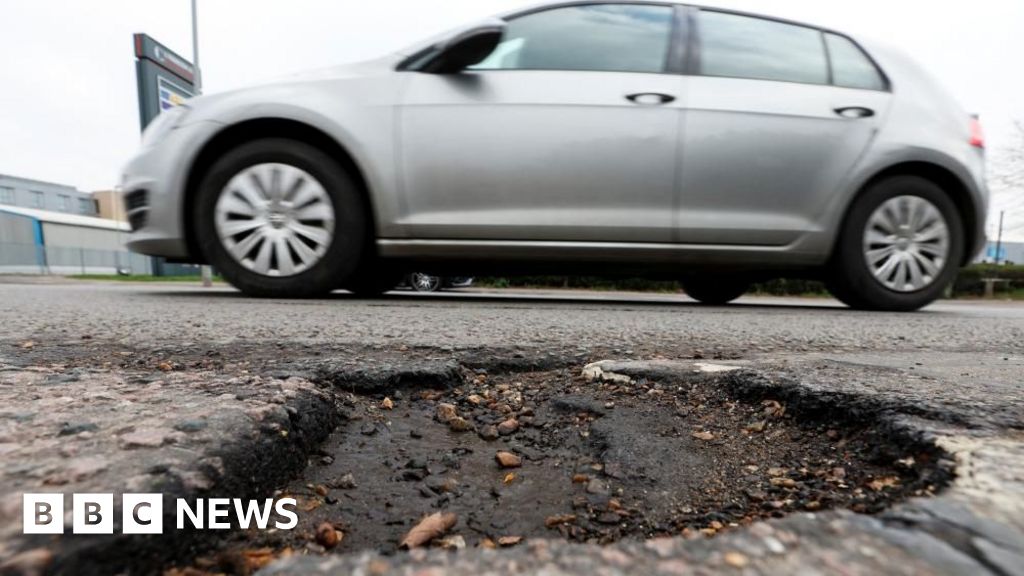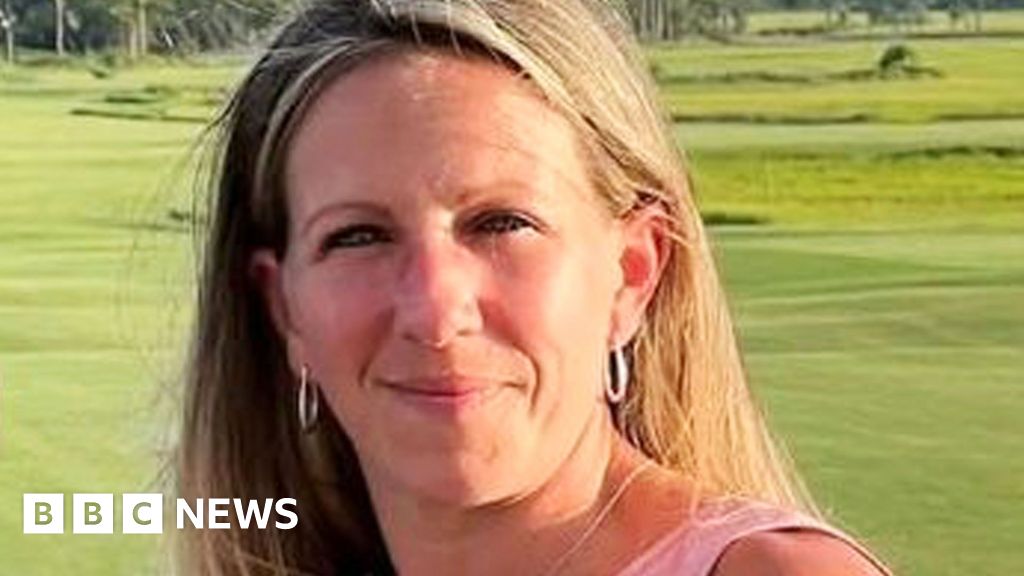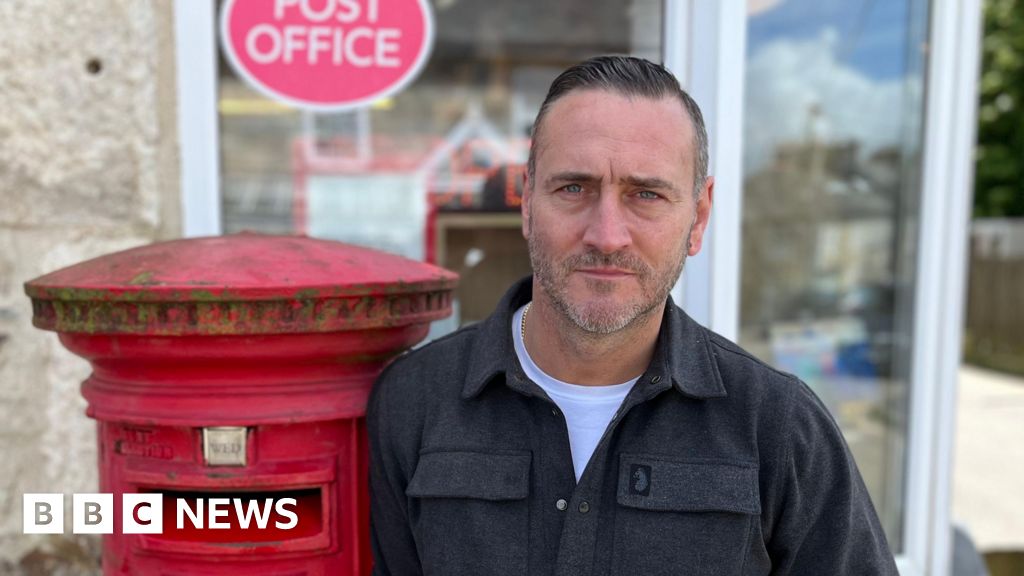
Will Mellor revisits Post Office scandal in new BBC documentary
- Business
- July 21, 2024
- No Comment
- 354
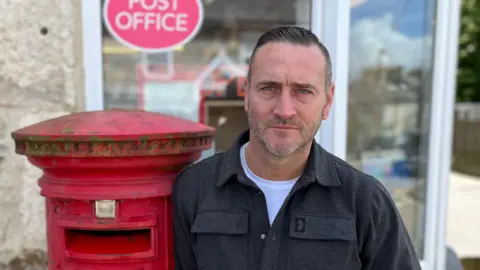 BBC
BBCThe night before Will Mellor was offered a part in a TV drama about a scandal at the Post Office, he was thinking about giving up acting altogether.
He had been a familiar face on British screens for decades, but work had started to dry up.
However, the next day his agent called to offer him the role of former sub-postmaster Lee Castleton in ITV’s Mr Bates vs the Post Office.
He soon realised it was more important than any part he had played before – and it would come to change the course of his life altogether.
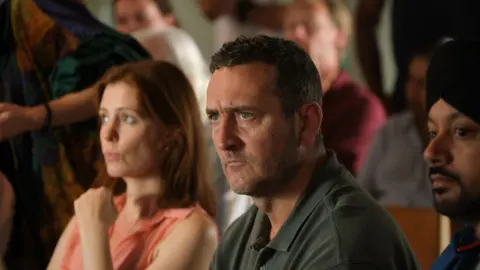 ITV
ITVTwenty-five years after the first convictions for theft and fraud, the four-part drama sparked mass public interest in the Post Office scandal like never before.
It detailed the experiences of some of the hundreds of sub-postmasters prosecuted due to incorrect information from the Horizon computer system, described as the UK’s most widespread miscarriage of justice in recent history.
The Post Office took many cases to court itself, prosecuting 700 people between 1999 and 2015.
Some innocent sub-postmasters were sent to prison and many were financially ruined.
Lee, the former sub-postmaster of Marine Drive Post Office in Bridlington, Yorkshire, tried to defend himself in the High Court against accusations he had stolen money and was bankrupted when he lost the case.
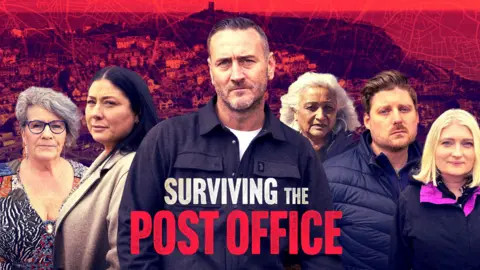
“I hardly knew anything about the scandal before I read the script,” Will said.
“Like a lot of people I’d read some things, I’d heard some things – it was about a faulty computer system and didn’t feel like an exciting story.
“But when you see the effect of this and realise how isolated these people were, how they were made to feel like they were the only ones, how innocent people were made to feel like criminals – not only by the Post Office but sometimes by their communities – I think the public really felt it and reacted as a result.”
The Post Office told the BBC it is sorry for the suffering caused to so many people, adding that it now works in partnership with postmasters and is “committed to transforming the organisation”.
In a new BBC documentary Surviving the Post Office, Will revisits the story which has become such a large part of his life.
As part of the documentary he met people from across England whose lives were blown apart by the scandal and heard how they are attempting to move forward with their lives.
Many have never spoken publicly of their experience before.
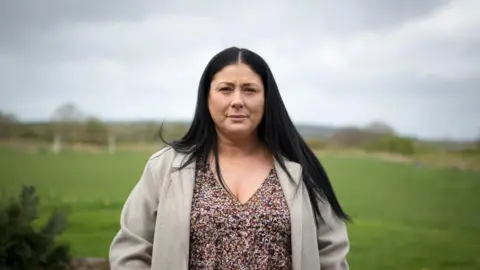
One of these people was mother-of-three Stephanie Gibson, a former Post Office clerk from South Pelaw in County Durham.
In 2007, Stephanie – then aged 28 – was charged and taken to court after she was wrongly accused of stealing money from the branch she worked in.
Her court case made the front page of her local paper, alongside her picture.
After an eight-day trial, Stephanie was acquitted and told by a judge she could leave court “without a stain on her character”.
“I should have been happy at that point,” she told Will over a cup of tea in her kitchen.
“I just wanted to go back to a normal life.
“It didn’t work that way.”
That evening, as she put her children to bed, a brick was thrown through her window.
Over the following days paint stripper was poured on her car, she was spat at in the street and ostracised by people in her local community.
Stephanie and her young family moved out of the area almost immediately, fearing for their safety.
As a result, Stephanie’s world narrowed beyond recognition – she became a recluse, only leaving her new house when absolutely necessary.
‘A physical response’
“What was shocking about Stephanie was the amount of time that had passed since she was acquitted,” Will said.
“She was still traumatised by it all and hadn’t been able to move on – it had affected her life, her children’s lives, even where she lived.
“Imagine waking up every day and having this sitting on you while everyone else is getting on with their lives.”
After talking through her ordeal, Stephanie agreed for Will to drive her to the street she fled, her first time returning in more than 16 years.
“She was shaking in the car on the way, holding the door,” he said.
“It was a physical response – I could see she was still tormented and still going through it all”
But an encounter with one of the street’s residents when they arrived changed everything.
“A former neighbour came over and gave Stephanie a hug,” he said.
“The emotion just poured out of her, she was crying, it was the release that she’s just not been able to have.
“That was huge and I think it’s the first step of recovery for her – I hope she can sleep a bit better at night now and I’m so glad I was a part of that.”
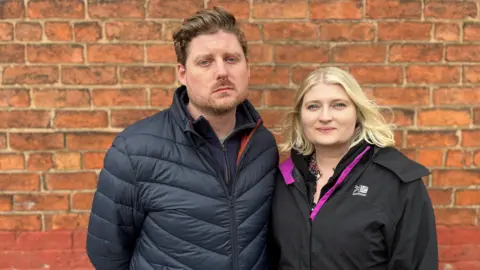
The documentary also took Will to Gainsborough in Lincolnshire to meet brother and sister Thomas and Katie Watson, the children of sub-postmaster Fiona Watson.
The family moved to the area when Thomas and Katie were eight and 10-years-old respectively.
They thrived in their new life at the heart of their local community living above the shop, which was bolstered by an award for Post Office of the Year.
But just a year later Post Office auditors got in touch – money was missing from the accounts.
An internal investigation and a formal hearing followed.
“The option their mum was given was plead guilty, be a criminal, have no job, no post office but still see your kids, or go to prison and you don’t see your kids,” Will said
“What kind of an option is that?”
It was devastating for the family, but worse news was to come.
During the investigation, Fiona was diagnosed with lymphoma and died soon afterwards, her young children by her side.
A family torn apart
Will said when he met the siblings he could tell they were in pain.
“It was written all over their faces. When they told me their story I realised this was a family was completely torn apart.
“Their mother passed away as a criminal – she was never proven innocent while she was alive.
“You can’t ever get that back and I can’t imagine what they’ve been through.”
Thomas and Katie are pushing for a next-generation redress scheme to compensate the children of victims of the scandal.
The Department for Business and Trade told the BBC that redress to sub-postmasters and their families who have suffered is a priority of the new Labour government.
Describing the scandal as “appalling”, a spokesperson for the department said financial losses are “taken into account under various compensation schemes” and families can apply for financial redress if a postmaster has died.
Groundswell of support
Will said the victims he met on his journey around England for the Surviving the Post Office documentary are never far from his thoughts.
“The story sits with me all the time and I’m angry every time I talk about it,” he said.
“People lost their lives, people lost their childhoods, their homes, they’ve had time taken from them they can never get back.”
However, for all the horror, injustice and tragedy of the Post Office scandal, Will said he believes the groundswell of public support has the power to be transformative for those who have suffered.
“I know from speaking to Lee Castleton that he’s overwhelmed by the support from the public,” he said.
“And I get still get it every day – every day somebody stops me and says: ‘Well done on the Post Office’.
“Part of me feels a bit guilty – I was just a small part of this, I’m an actor doing a job and I’m just grateful and privileged to be able to do it.
“But I’m proud I got the opportunity to be part of something positive in this, something that has the potential to give victims of this scandal some hope.”
Surviving the Post Office is available to watch on iPlayer from 22 July and on BBC One at 20.30 BST.
An accompanying podcast, The Post Office Scandal, will be released on BBC Sounds the same day.
#Mellor #revisits #Post #Office #scandal #BBC #documentary



